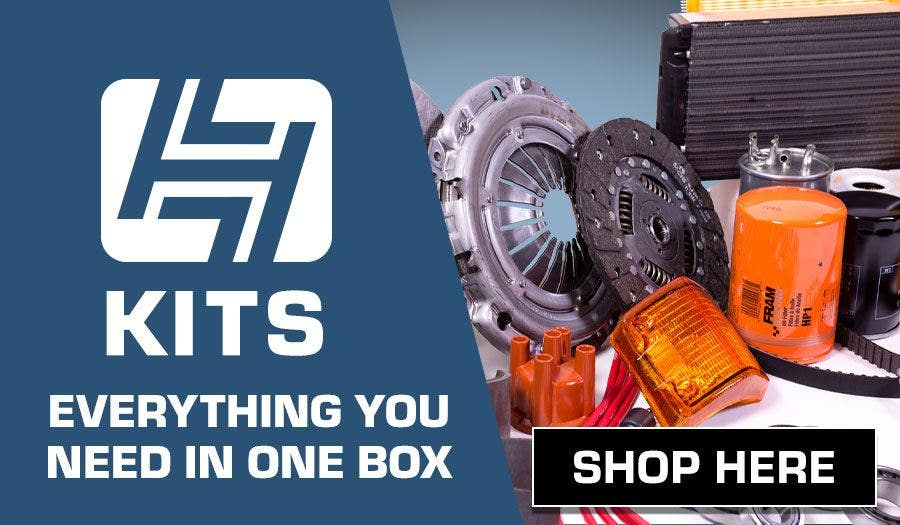Have I Lost Money On My Classic Car?
Owning a classic car is more than just having a mode of transportation; it's an investment, a passion, and a nostalgic connection to a bygone era. For many, classic cars represent a financial and emotional commitment, and naturally, the hope that their value will either remain stable or, even better, appreciate over time. However, in the past year or two, classic car owners have been left wondering, “Have I lost money on my classic car?”
With economic uncertainties, shifting political climates and changing cultural values surrounding the future of the internal combustion engine, the classic car market has been impacted in ways very few would have predicted. In this article, we’ll explore the factors influencing classic car values and offer some suggestions on what you could do if you’ve noticed the value of your classic car decline.
The economic climate and its impact on classic car values
One of the most significant factors affecting the value of classic cars is the global economic climate. The last decade has seen several economic shocks, including the COVID-19 pandemic, the rise of mortgage rates, and some pretty big political shifts in the UK and US.
However, just like your home, the value of your cherished car(s) only really matters if you need to sell it, so don't get too caught up if now isn't the time to chop it in.
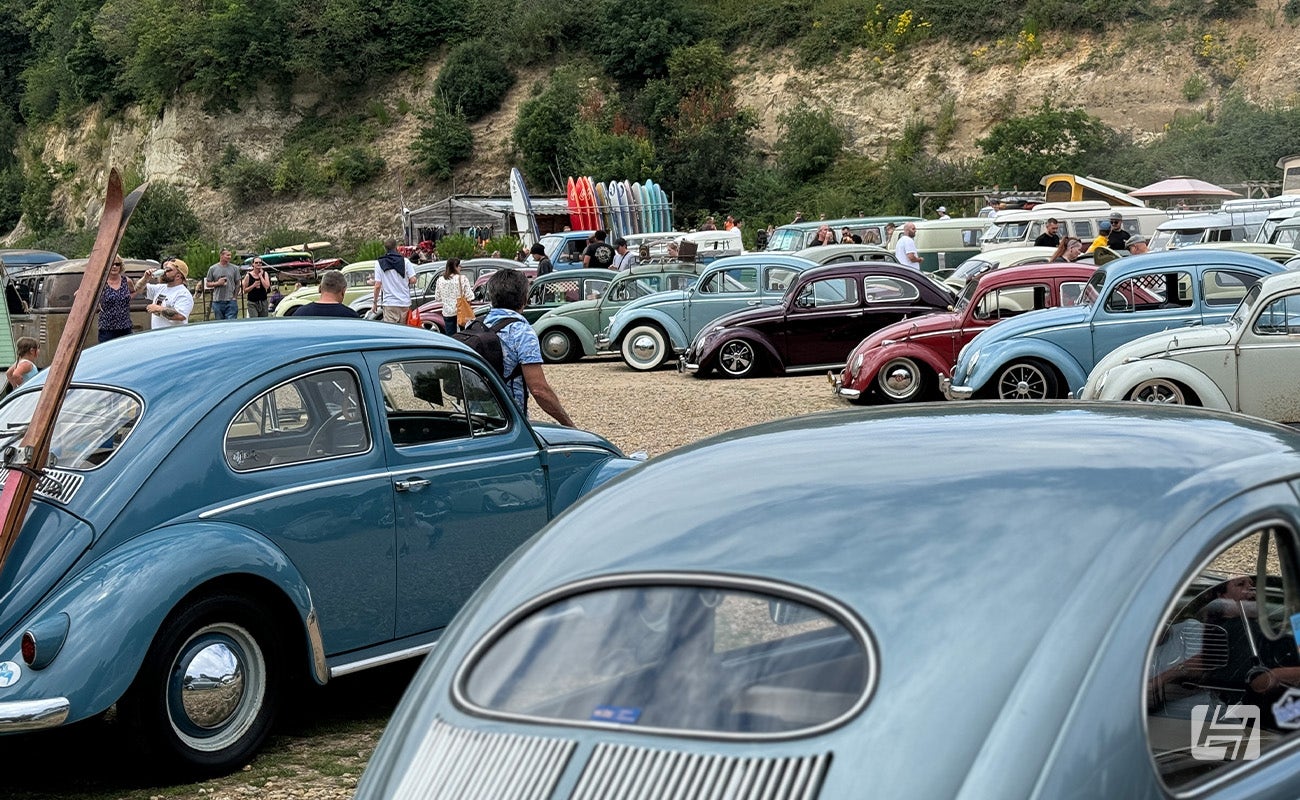

COVID price boom
In times of economic uncertainty, luxury and non-essential assets are often the first to suffer and classic cars, while cherished by enthusiasts, are not immune to market volatility. The economic disruptions caused by the COVID-19 pandemic could not have been predicted. But, despite those who lost jobs having to cut back and live frugally, for many COVID brought a break from normality, a chance to save on day-to-day commuting costs, and the ability to put costly annual holidays on hold.
Instead of flying away to the sun, some car enthusiasts were spending money online, and classic cars (along with bicycles) were being sold left, right, and centre. This, coupled with 'easy access' business loans for anyone with a registered company, meant the chance to jump behind the wheel of a 'dream car' was only a website click away.
Prices for cars went up... Even your regular, no-thrills superminis were being lapped up by delivery drivers and nurses alike, all needing to get out and about to keep the country running.
Working from home meant a sports car or a classic Campervan could be a practical enough second-car solution, as it might only leave the drive once a week. Plus the Campervan would offer you a decent summer holiday whilst international flights were off the table. Read our guide to choosing a VW Campervan here.
Sadly, if you bought a vehicle during COVID-19 or a previous boom period it will be much trickier to recoup that inflated valuation. You'll have to put that down to experience and enjoy the memories you hopefully created because of it.
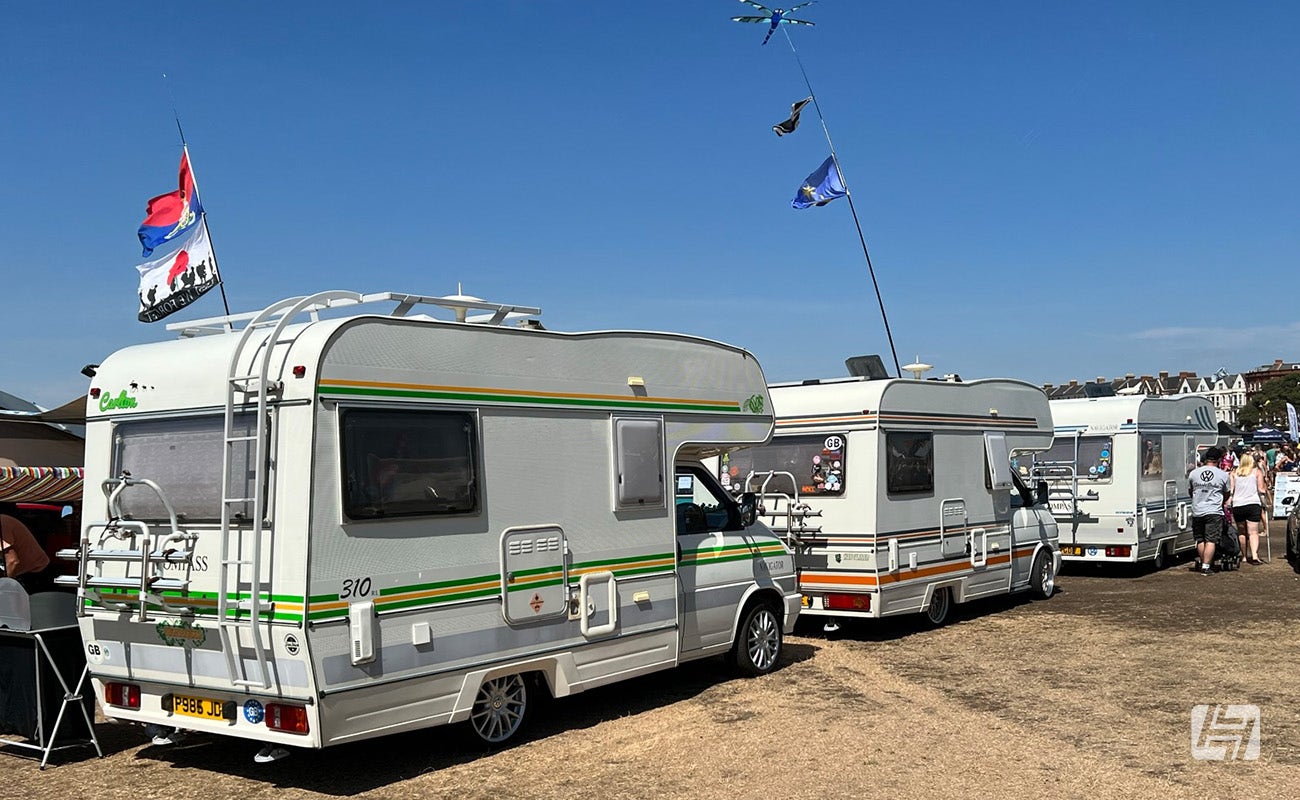

Mortgage rates and disposable income
One key indicator of the health of the classic car market is the availability of disposable income. As mortgage rates have increased in both the UK and the US, many homeowners have seen their monthly repayments rise sharply. The Bank of England, for example, has increased interest rates multiple times to combat inflation, leaving homeowners with less expendable cash after all their bills.
Similarly, the US Federal Reserve has raised interest rates, placing a strain on American homeowners. With a reduction in disposable income, the market for classic cars has become narrower. Fewer buyers can afford the luxury of purchasing or maintaining a classic or cherished vehicle, leading to a decrease in demand and a slower-moving marketplace, reducing values on all but the finest examples of collector vehicles.


The role of politics in classic car values
Political shifts, especially in the UK, have also played a role in the fluctuations of classic car prices. The Brexit vote in 2016 had far-reaching consequences for many industries, and the classic car market was no exception. The UK’s decision and eventual departure from the European Union (EU) on 31st January 2020 created uncertainty regarding trade tariffs, the availability of parts, and export regulations. Many classic cars are imported from Europe, and the post-Brexit landscape has led to increased costs for sourcing parts and restoration, it was for this reason we opened our European Distribution Centre in Bremen, to serve our friends and customers across Europe without disruption.
In addition to sourcing vehicles and parts, UK classic car owners have faced potential difficulties selling their vehicles abroad, as EU buyers have been discouraged by additional import duties and paperwork, narrowing the market and, for some classic car owners, leading to a drop in value.


The villainisation of older cars
With the rise of electric vehicles and low-emission zones, the Government has been conditioning motorists to look upon older vehicles as bad news. Currently, many older cars in the UK must pay a daily charge of £12.50 for entering London (and other cities) and for those driving non-compliant vans such as the popular diesel-powered VW T4 the charge is over £100 for a day.
It was because of ULEZ (ultra-low emission zone) that we came to purchase our Montana Green Mk2 Golf, from Mr Bendon in Romford, Essex. Read the story here.
Fuelled by the mainstream media, the younger generation, in general, seems to be more focused on the future rather than reminiscing, and just like their smartphones and watches, it's all about the gadgets and speed, rather than the experience and the people you'll meet because of it.
As a result, the demand for vintage cars among newer buyers has fallen, leading to lower prices and an overall concern within the industry about the future of our scene.
It is worth noting that older vehicles made before 1983 (at the time of writing in 2024) are exempt from ULEZ, road tax and annual MOT inspection (provided they are roadworthy and safe). This cut-off date moves each year, and offers a great reason to own a classic, especially if you are in the Capital.


How do I know what my car is worth now?
We expect (just like us) you spend some of your spare time window shopping for cars online. Keep an eye on a few vehicles like yours; are you noticing the same cars having prices reduced over weeks and months? You could even reach out to the seller for some feedback, just be cautious not to waste their time.
There is also a seasonality to selling cars. Cabriolets sell better in Spring and Summer, and November and December are times for buying Christmas presents, rather than a new ride or restoration project. On the flip side, if you are doing car shopping, there are bargains to be had. Just be sure to read our Buyers Guides first!
Should you feel your classic car has depreciated, don’t panic. Depending on your goals and the current state of the market, you could do several things.
Hold onto your car
Classic cars are known for their cyclical value trends. While your car may have depreciated in the short term, the market will rebound again in the future. Many factors that cause prices to drop, such as economic downturns or political shifts, are temporary. If you don’t need to sell your car immediately, it might be worth holding onto it and waiting for the market to recover.
If storage at home is an issue, see if you can find a local garage to rent to keep the vehicle in, or even offer it as a display piece to a local dealership if it is something particularly special.
Restore or modify your vehicle
Another option is to restore or modify your classic car. A well-maintained or upgraded vehicle can attract more buyers and even command a higher price. For example, restoring a vehicle to its original condition or adding desirable features such as an upgraded engine or camping conversion may help increase its value. Be sure to research which modifications will add the most value to your specific model, as not all upgrades will result in a return on investment, and you don't want to be further out of pocket.
Consider a swap
If you are selling due to a change of heart or just out of boredom, then a part exchange or straight swap might be the best option for you. This could also help another enthusiast who equally feels they are unable to get the true value for their vehicle. Just be careful not to pick up someone elses problem if the vehicle isn't exactly what you want. "Better the Devil you know" has never been truer!
Sell whilst the demand remains
Lastly, if you’re concerned that the market will continue to decline, or you have a finance agreement or loan to clear, it may be time to simply sell your classic car for what you can get. While some segments of the classic car market have been affected, there are still enthusiasts who are willing to pay a premium for unusual specifications, and desirable model years.
An auction house or a classic car dealer should be able to offer you a sale with a reserve or potentially a fixed price on the spot to get out of the vehicle quickly and easily. Alternatively, you could list the vehicle yourself on Collecting Cars, Custodian, Car and Classic or even eBay to try your luck first, before employing a professional service at an additional cost.


The choice is yours
The value of your classic car may have been affected by a range of factors, but it’s important not to make rash decisions based on short-term fluctuations. Whether you choose to hold onto your vehicle, restore it, or sell, staying aware of the factors influencing the classic car market will help you make the best decision for your investment, and situation today.
While it’s disappointing to see the value of a cherished possession drop, the classic car community remains strong, especially the Volkswagen, Porsche and Land Rover sectors, and with the right approach, there is still potential for appreciation in the future.
Andy




 Bug
Bug
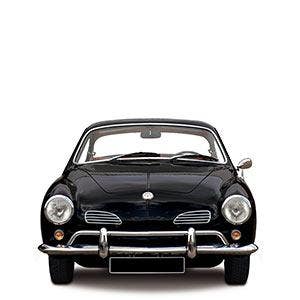 Karmann Ghia
Karmann Ghia
 Bay Bus
Bay Bus
 Vanagon
Vanagon
 Eurovan
Eurovan
 Transporter T5
Transporter T5
 Rabbit Mk1
Rabbit Mk1
 Golf Mk2
Golf Mk2
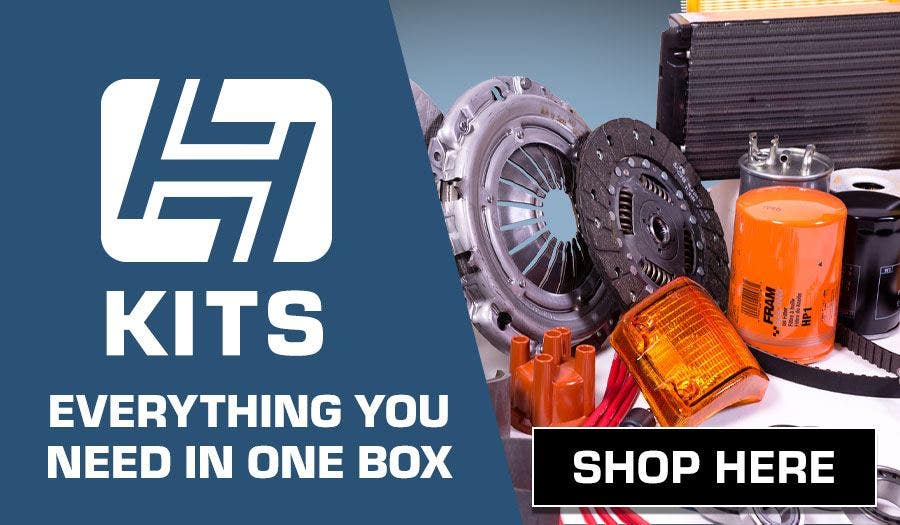

 911
911
 996
996
 997
997
 986 Boxster
986 Boxster
 987 Boxster
987 Boxster
 912
912
 944
944
 924
924
